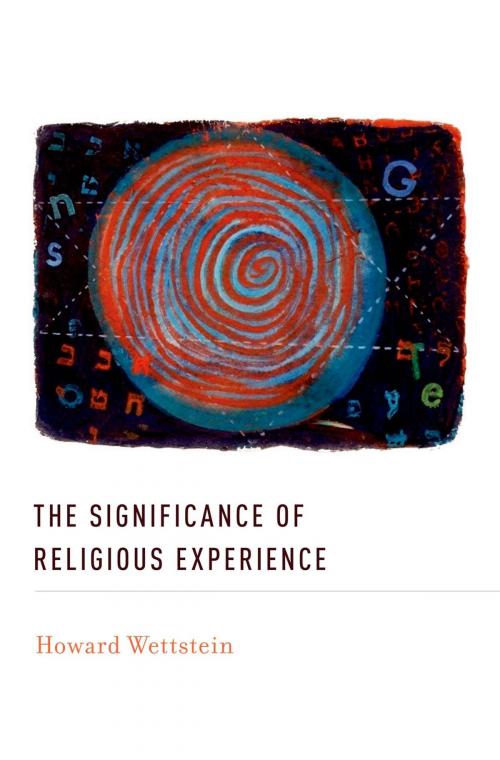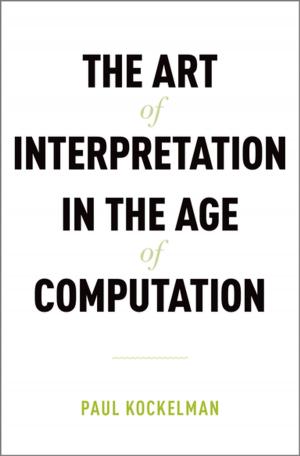The Significance of Religious Experience
Nonfiction, Religion & Spirituality, Philosophy, Religious, Theology| Author: | Howard Wettstein | ISBN: | 9780190240820 |
| Publisher: | Oxford University Press | Publication: | August 31, 2012 |
| Imprint: | Oxford University Press | Language: | English |
| Author: | Howard Wettstein |
| ISBN: | 9780190240820 |
| Publisher: | Oxford University Press |
| Publication: | August 31, 2012 |
| Imprint: | Oxford University Press |
| Language: | English |
In this volume of essays, Howard Wettstein explores the foundations of religious commitment. His orientation is broadly naturalistic, but not in the mode of reductionism or eliminativism. This collection explores questions of broad religious interest, but does so through a focus on the author's religious tradition, Judaism. Among the issues explored are the nature and role of awe, ritual, doctrine, religious experience; the distinction between belief and faith; problems of evil and suffering with special attention to the Book of Job and to the Akedah, the biblical story of the binding of Isaac; the virtue of forgiveness. One of the book's highlights is its literary (as opposed to philosophical) approach to theology that at the same time makes room for philosophical exploration of religion. Another is Wettstein's rejection of the usual picture that sees religious life as sitting atop a distinctive metaphysical foundation, one that stands in need of epistemological justification.
In this volume of essays, Howard Wettstein explores the foundations of religious commitment. His orientation is broadly naturalistic, but not in the mode of reductionism or eliminativism. This collection explores questions of broad religious interest, but does so through a focus on the author's religious tradition, Judaism. Among the issues explored are the nature and role of awe, ritual, doctrine, religious experience; the distinction between belief and faith; problems of evil and suffering with special attention to the Book of Job and to the Akedah, the biblical story of the binding of Isaac; the virtue of forgiveness. One of the book's highlights is its literary (as opposed to philosophical) approach to theology that at the same time makes room for philosophical exploration of religion. Another is Wettstein's rejection of the usual picture that sees religious life as sitting atop a distinctive metaphysical foundation, one that stands in need of epistemological justification.















